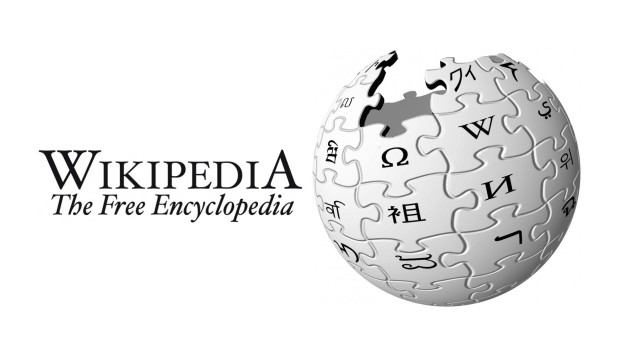The site reflects the mindsets of those who volunteer to create it: young, English-speaking men.
I’ve recently become a Wikipedian—one of those intrepid souls who volunteer to create common knowledge on Wikipedia. It’s a bit addicting, actually. Correcting people’s grammar never felt so close to saving humanity. Or at least their intellectual selves.
I’ve also been noticing how Wikipedia reflects mankind’s prejudices. I don’t use the term mankind loosely—Wikipedia itself has entries for gender bias on Wikipedia and systemic bias on Wikipedia.
The problem is that the site reflects the mindsets of those who volunteer to create it—in other words, those who are “young, male, English-speaking, educated, technologically aware, and wealthy enough to spare time for editing.”
(See how easily here I refer everything back to Wikipedia? Almost all my links are to that site, it’s my go-to site for “unbiased, objective definitions,” and I would bet that most online writers today use it the same way.)
I was immediately thrown back to an English survey class of Victorian literature in which we read one woman the whole semester (Christina Rossetti). I asked the male professor: “Is it that women weren’t writing?” No, he said. I gulped and asked: “Is it because women’s writing wasn’t that good?” He hesitated and then mumbled no. The next class he came back to explain how women really are there: “They’re there in the men’s writing, don’t you see? They’re there between every line.”
It bothered me tremendously, but it wasn’t until I took a women’s studies class that I realized the flaws in that argument. And then I got a bit cranky about it. Men’s projections and fantasies and creations of women were there. Not women’s voices. Not actual women.
The same thing is happening on Wikipedia. We women are there as projections, but our voices aren’t there. Only 13% of Wikipedians were women in 2011, and I’m sure the statistics since then haven’t much improved.
Here’s a good example of an article that shows a lot of bias, one that actually begs for neutrality: “Sex differences in crime.” It starts out pretty well, sounds scientific and neutral. It gives some compelling statistics that make it seem objective, even though I think I’d like to see a few more numbers.
For example, 90% of homicides are committed by males. Now that is a shocking statistic. So then why, a little farther down when we get to the “Aggressivity and gender” section, does it start with this sentence: “Some researchers have suggested that females are not necessarily less aggressive, but that they tend to show their aggression in more covert and less physical ways (e.g., Passive-aggressive behavior).” Ninety percent of murders are by men, and this section on aggressivity begins with how women are passive-aggressive. The article goes downhill from there.
And it’s not just gender bias. It’s much more subtle and permeates all aspects of the way we live—just as our structures have subtle systemic biases. (I’m taken back to my literary theory class and theorists Saussure and Lacan and Althusser.) It’s about privilege, which is something we’ve been talking a lot about lately. It’s about privilege relating to race and gender and sexual orientation and even geography.
Geographic bias is another one I had a fierce toe-to-toe with other Wikipedians about. It’s long bothered me that literature of the West is equated with Westerns, those dime novels about the American West as it stood 150 years ago. If you search for Western literature, that’s pretty much all you get. If you want any information about great living writers who are working today, doing great stuff about how it is to live in the American West today, good luck.
So I created a page called “List of Contemporary Writers of the American West” (which has been deleted). There was a gap in knowledge, and I put in a lot of hours to try to fix it—which is something that Wikipedia says they are trying to do. Wikipedia’s gatekeepers, however, didn’t think so. To them, my list was the same as this list of Western fiction writers, which is historical writers of Westerns.
I get it. Wikipedia is not a place to “create new knowledge” and I shouldn’t be “an activist Wikipedian.” It should be reflecting common knowledge. The only thing is, my common knowledge is apparently not the same as theirs, and I would hazard it’s not the common knowledge of many who are not the typical Wikipedian—genderwise, geographically, religiously, or otherwise. It most likely isn’t exactly your common knowledge.
So let me implore you: Become a Wikipedian. Please. Make your voice heard. I don’t recommend guerrilla tactics, but for heaven’s sake, we need a common encyclopedia that is truly “common” and representative. Go forth, and crusade.
Tamara Linse is a fiction writer and an editor for a university foundation in Wyoming. She is the author of the short story collection How to Be a Man and a novel Deep Down Things. She also writes the blog Writer, Cogitator, Recovering Ranch Girl and captures the world’s beauty in a photo Project 365. Find her on Facebook and Twitter.
Related Links:

